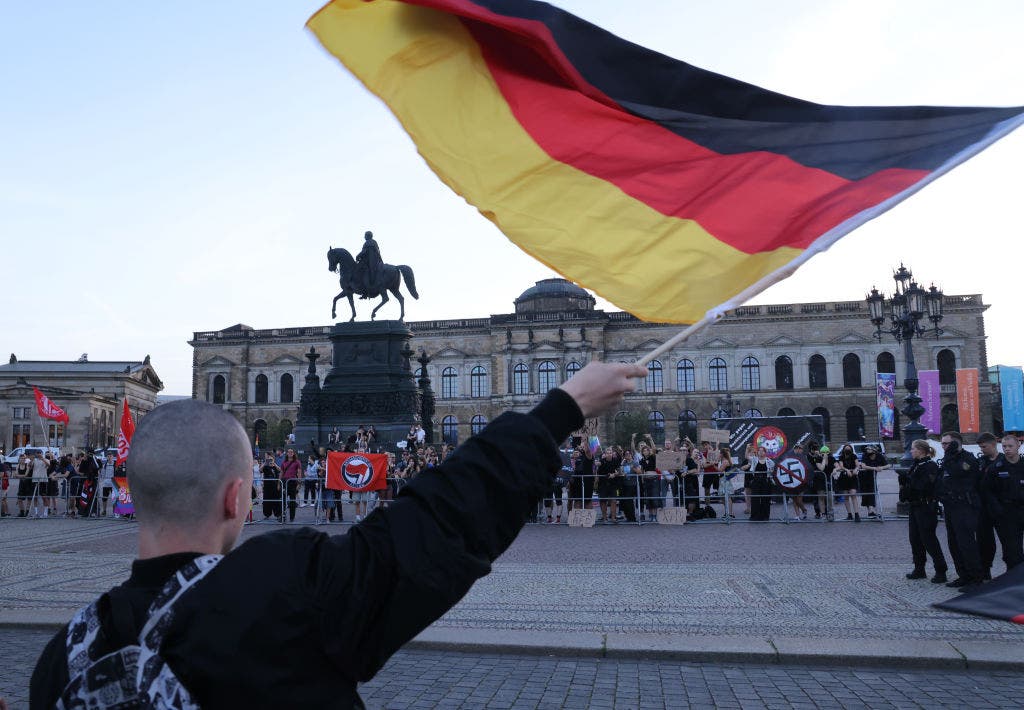Germany’s right-wing Alternative for Germany (AfD) party is expected to win its first election since its formation in 2013, with exit polls showing the party securing a winning 33.5% share of the vote in Thuringia and 31.5% in Saxony. This rise in support for AfD is seen as a result of anti-mass immigration sentiment among voters. The center-left Social Democratic Party, to which Chancellor Olaf Scholz belongs, brought in less than 8% of the vote in both states. This election follows a wider trend of success for conservative groups across Europe, with French Prime Minister Emmanuel Macron’s government narrowly quashing a conservative takeover of the French parliament earlier this year. The ultimate impact that AfD and other party politicians can have will be determined by how willing centrists are to work with them.
The German elections come just days after a Syrian immigrant killed three people in a stabbing spree in Solingen, Germany, with ISIS claiming responsibility for the terrorist attack. The suspect was identified as Issa Al H. by federal prosecutors in Germany, omitting his family name due to privacy laws. ISIS claimed that the attacker targeted Christians to avenge Muslims in Palestine and elsewhere. The suspect had moved to Germany in 2022 and sought asylum. Similar attacks by Muslim migrants across Europe have fueled anti-immigration sentiment, leading even left-leaning politicians like Scholz to call for strengthening immigration laws and ramping up deportations. Scholz described the stabbing as terrorism against all citizens and vowed to ensure that those who cannot stay in Germany are repatriated and deported.
Analysts suggest that the extent of cooperation with AfD and other right-wing parties in Germany will depend on the willingness of centrists to work with them. Political scientist Manès Weisskircher of Dresden University of Technology noted that the center-right will determine whether an AfD win would be a turning point, as they have been relatively consistent in excluding cooperation with them. This contrasts with other Western European countries where right-wing parties have been more integrated into political systems. The success of conservative groups across Europe in recent months reflects a growing shift in political sentiments among voters.
The rise of anti-mass immigration sentiment in Germany has contributed to the success of right-wing parties like AfD in recent elections. The terrorist attack in Solingen carried out by a Syrian immigrant has further fueled concerns about immigration policies and national security. The attack has prompted calls for stronger immigration laws and deportation measures by politicians across the political spectrum. Scholz’s response to the attack reflects a broader shift towards stricter immigration policies in Europe, as leaders grapple with the challenges of integrating migrant populations and addressing security concerns. The outcome of the German elections and the responses to incidents like the Solingen attack will shape the future direction of immigration policies and political alliances in the country.


